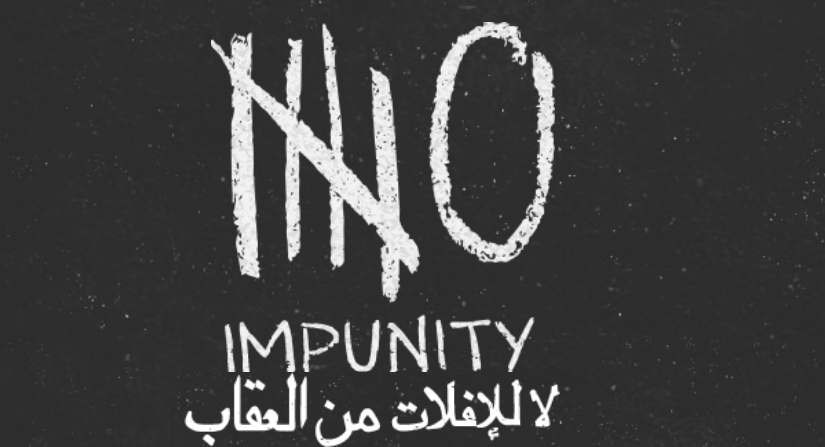The international days approved by the United Nations General Assembly are celebrated to raise awareness of issues of concern to all humankind, and within this context, the celebration of 9 December as the International Anti-Corruption Day.
The policy of impunity prevailing in Bahrain makes those who practice corruption benefit from the immunity they have and enjoy it, and enable them to persist in these practices. For example, those responsible for practicing torture and ill-treatment against democracy advocates still receive national awards. Prince Nasser bin Hamad al-Khalifa, known locally and internationally as the Prince of Torture, who announced on local television in 2011 that “all participants in the protests will be held accountable, and Bahrain is a small island and there is no place to escape”, has a record full of human rights violations, and enough to condemn him in international forums and take the necessary measures against him. Nevertheless, he is receiving promotion after another, even after the High Court in London has ruled to lift his immunity with regard to torture crimes.
The Kingdom of Bahrain had signed the UN Convention against Corruption on 27 February, 2005, and ratified it under Law No. (7) of 2010. The government also sought to establish governmental institutions and bodies concerned with human rights issues, such as the National Institution for Human Rights, the Ombudsman and the Prisoners Rights Commission. However, these bodies acted as a tool in the hands of the government to mislead justice and take revenge on the victims who approached them to report the injustice they had suffered, which made them lose their credibility, corrupted the judicial justice system, and made the Bahraini authorities above the law.
The Bahrain Center for Human Rights (BCHR) has documented in dozens of reports published on its website how the perpetrators get away from punishment and how victims are transformed by royal order into perpetrators after terrorism charges are attached to them. Those charges have become publicly known to anyone who is claiming a fundamental right of the rights stipulated in the international constitutions. The Center had published a report by Human Rights Watch in which commented Joe Stork, Deputy Executive Director of the Middle East and North Africa Division, “a Bahraini policeman who kills a protester in cold blood or beats a detainee to death faces prison punishment that ranges between six months and two years, while a peaceful demonstrator calling for the establishment of a republican system faces life imprisonment. Bahrain’s problem is not a disorder of the justice system, but rather a system of injustice that does its job well! ”.
Each report or statement issued by BCHR mentions the violations of civil and political rights practiced by the authorities, especially in prisons. Additionally, statements highlight the complete disregard for the recommendations of the Bahrain Independent Commission of Inquiry, despite the statement of the Acting Head of the Special Investigation Unit, Muhammad Khaled Al-Hazaa, that “The unit shall adhere to victims of torture to the established international standards, in particular the rules stated in the Istanbul Protocol or Manual on the Effective Investigation and Documentation of Torture and Other Cruel, Inhuman or Degrading Treatment or Punishment. The absence of any kind of accountability affecting senior officials entrenches a culture of impunity, which is considered one of the most important challenges facing the international human rights movement”.
The human rights monitoring bodies established in Bahrain have become a front to cover up human rights violations. They try to show that Bahrain is moving rapidly towards reform, yet the violations that are being committed have become so clear that it cannot be hidden. This prompted many international and human rights organizations to publish reports documenting how the perpetrator is enjoying freedom at the expense of his victim, as stated in the IFEX report, “How the Bahraini government reward oppressors while imposing a climate of terror on human rights defenders, dissidents and journalists”.
On the International Anti-Corruption Day, which the world celebrates in combating corruption under the slogan “Recovery with Integrity“, BCHR calls for:
- Putting an end to the widespread culture of impunity among the officials in the country;
- Conducting serious investigations into cases of extrajudicial killings, cases of torture, and broadcasting of hate speech and incitement committed by members of the Ministry of Interior and other security officials in Bahrain;
- The immediate and unconditional release of all political prisoners in Bahrain;
- Stopping all torture practices to extract confessions;
- Allowing the Special Rapporteur on torture to visit Bahrain to document victims’ testimonies.

